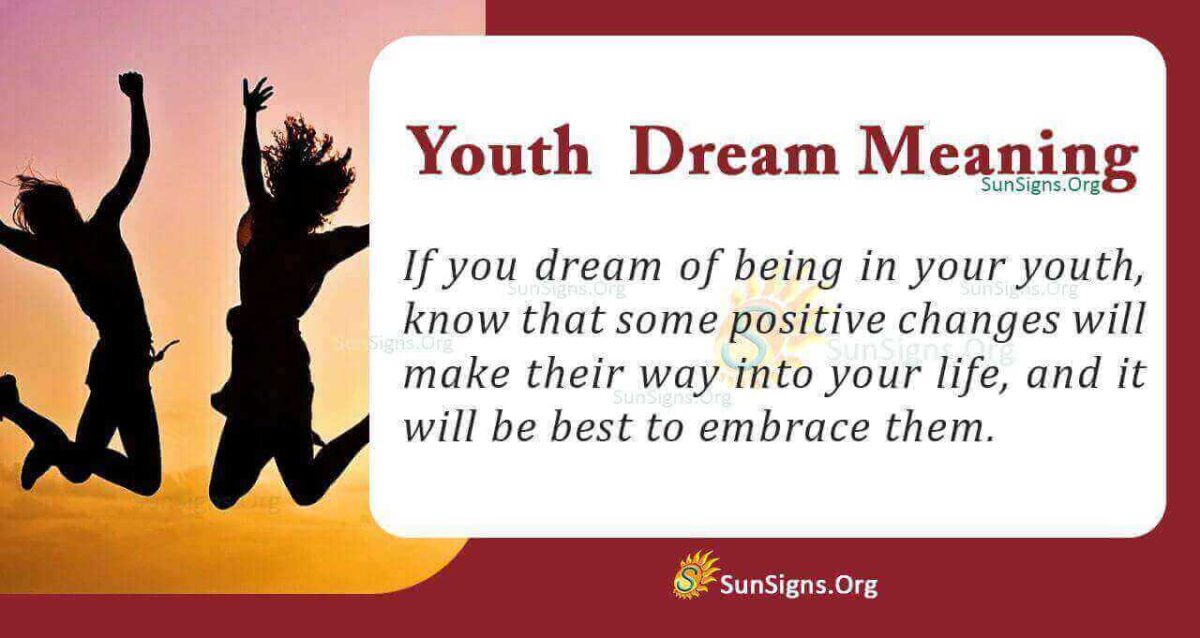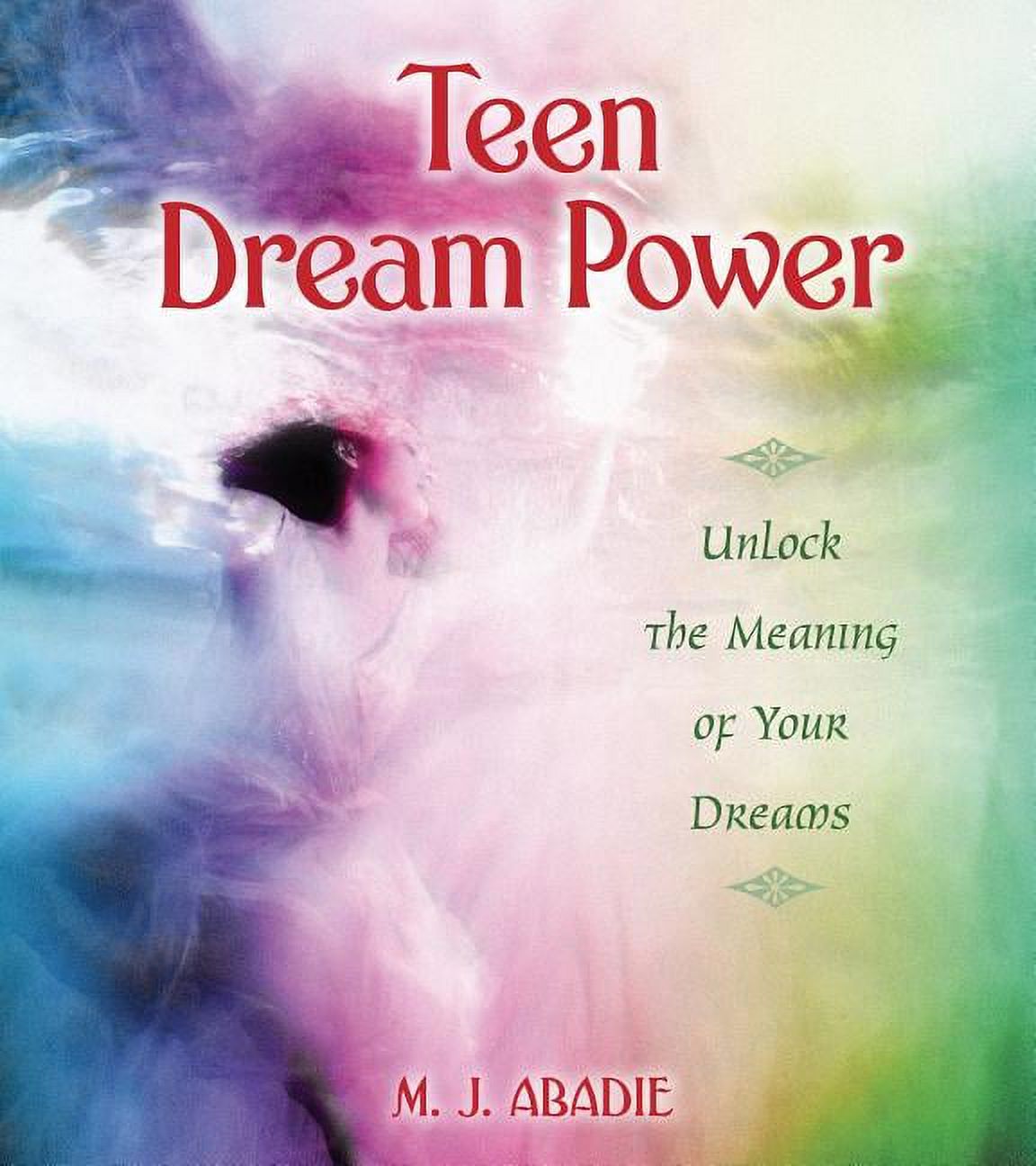Have you ever wondered what it truly means when a teenager dreams? Are these dreams simply random thoughts tangled in a developing mind, or do they carry deeper messages about identity, emotion, and subconscious growth? At Impeccable Dream, we explore the deeper side of human communication—including the symbolic language of dreams, just like emojis. And today, we’re uncovering the fascinating world of teen dreams, which are just as rich in hidden meanings and emotion. This article takes you into the heart of what dreams of teenagers represent, backed by expert analysis, cultural insights, and psychological research.
What Does It Mean to Dream as a Teenager?
The teenage years are a period of incredible transformation—physically, emotionally, and mentally. As such, dreams during adolescence are far more than just nighttime entertainment. They are reflections of the inner turmoil, hope, fear, identity crises, and emotional evolution that teens go through. Let’s dive deep into this.
The Unique Nature of Teen Dreams
Teen dreams are unlike those experienced by children or adults. They are often:
-
Vivid and emotionally charged
-
Filled with symbolism about identity, relationships, and performance
-
Influenced by social and academic pressure
-
Shaped by hormonal changes and neurological development
“Dreams are the royal road to the unconscious.” — Sigmund Freud
When teenagers dream, they process not just daily activities but their entire evolving sense of self. In fact, the dreaming mind during adolescence is often more active and symbolic, representing the individual’s inner conflict, goals, and fears.
Biological & Psychological Changes Behind Teen Dreams
According to a 2019 study from the Journal of Adolescent Health, teenagers experience increased REM sleep cycles, which are closely linked to dream activity. This intensified REM sleep during puberty allows their brain to better process emotions, challenges, and new experiences.
Hormonal Surges = Emotional Dreams
Hormonal fluctuations—especially surges in estrogen and testosterone—can lead to intense, sometimes chaotic dreams. For example:
-
Girls might dream more about emotional loss or relationships
-
Boys often dream about challenges to authority or physical strength
These dreams, however, are not just biological byproducts—they reflect real subconscious narratives rooted in growing responsibilities, fears of failure, and desires for independence.
How Teen Dreams Reflect Real-Life Events
Here are some real-life examples of how dreams mirror daily teenage life:
| Dream Scenario | Possible Interpretation |
|---|---|
| Dreaming of missing a school exam | Fear of academic failure or self-doubt about personal abilities |
| Dreaming of being excluded by friends | Anxiety around social belonging or fear of rejection |
| Dreaming of flying or floating | A desire for freedom, escape, or a sense of growing confidence and independence |
| Dreaming of being chased | Avoidance of responsibility or fear of confrontation in school or family situations |
These examples show how everyday pressures are woven into the symbolic language of dreams.
Cultural & Historical Perspectives on Teen Dreams
Historically, dreams have been deeply respected in various cultures—especially those from youth:
-
In Ancient Egypt, dreams were considered messages from the gods, especially when coming from adolescents at key turning points.
-
In Indigenous American tribes, young people were encouraged to share their dreams during rites of passage, interpreting them as signs of purpose or spiritual direction.
-
In Jungian psychology, Carl Jung emphasized dreams in adolescence as a “mirror to the soul,” helping individuals establish their ego and identity.
“A dream which is not interpreted is like a letter which is not read.” — The Talmud
Frequent Themes in Teenage Dreams
Teenagers often experience recurring symbolic themes. Here are some commonly reported ones:
-
Falling – Losing control or feeling overwhelmed
-
Being naked in public – Fear of vulnerability or being exposed
-
Running but going nowhere – Feeling stuck or frustrated in life or relationships
-
Talking to deceased relatives – Seeking guidance or processing grief
These themes are not random—they reflect deep emotional currents swirling beneath the surface.
Psychological Value of Teen Dreams
Experts like Dr. Rosalind Cartwright, known as the “queen of dreams,” have proven how dreams help manage emotions. For teens, who often struggle to articulate their inner world, dreams can be a powerful emotional outlet.
At Impeccable Dream, we explore these insights to empower teens, parents, and educators to listen more carefully to what dreams are trying to say.
Dreaming as a Coping Mechanism
With increasing mental health concerns among adolescents, dreams can be seen as subconscious coping tools:
-
Processing trauma from bullying
-
Managing grief from family changes (e.g., divorce, death)
-
Expressing confusion over identity or sexuality
Dreams are sometimes the only safe space where emotions that can’t be expressed during the day come to life. That’s why understanding them matters.
“The interpretation of dreams is the royal road to a knowledge of the unconscious activities of the mind.” — Sigmund Freud
Stay tuned for Part 2, where we dive into how teen dreams reflect emotional growth, explore specific dream scenarios, and analyze their meanings across cultures, science, and society.
Let us know if you’d like to continue with the second half!
A network error occurred. Please check your connection and try again. If this issue persists please contact us through our help center at help.openai.com.
Dive into our blog to discover a wealth of content that will illuminate the significance of your nocturnal adventures and guide you through the labyrinth of dream symbolism. Impeccable Dream hopes this guide was helpful! If you want to see other blog posts about Dreams about People, here are some that may be of interest to you.


